On July 1, Spain officially assumed the rotating presidency of the European Council (EC) for the next six months, while the country and the region are still facing a myriad of issues...
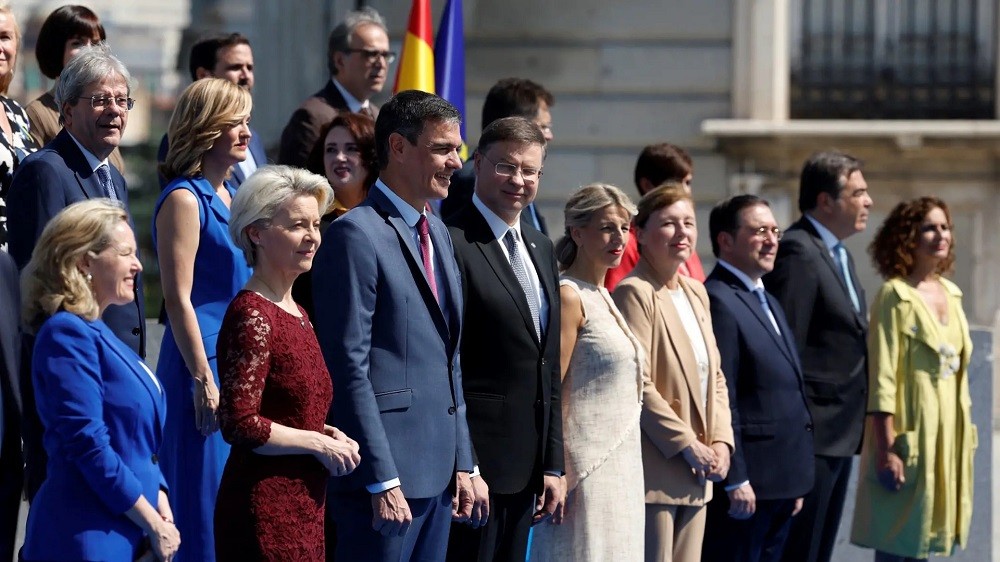 |
| Spanish Prime Minister Pedro Sanchez (top row, third from left) with members of the European Council (EC) in Madrid. (Source: EFE) |
Complex Background
Spain assumes the rotating presidency of the EC amid notable developments in the domestic and regional situation.
At home, Prime Minister Pedro Sanchez will face general elections at the end of July. As the leader affirmed, “this is not the first time that elections have taken place in a country holding the rotating presidency of the EC,” including a change of government during this time.
In fact, in 2022, Emmanuel Macron assumed the rotating presidency of the EC while he was campaigning for the French presidency. Previously, the Czech Republic had seen turmoil at the government level during its rotating presidency in 2009.
But an election and a possible change of government early in his presidency is another story. Mr Sanchez has even delayed presenting his programme to the European Parliament (EP) to concentrate on his election campaign. He or his successor are not expected to appear to detail his programme before the EP until September.
In that context, Spanish diplomats in the EU have repeatedly affirmed that regardless of the election results, the Presidency will still implement the set goals as planned.
Madrid has spent months, if not years, preparing for the occasion and is working closely with Brussels and Budapest, which will hold the bloc's rotating presidency next year, they said. In addition, Prime Minister Pedro Sanchez's Spanish People's Party (PP) remains dominant and is likely to win.
In the region, the European Union (EU) is facing many major challenges. The Russia-Ukraine conflict and its serious consequences force the bloc to quickly solve difficult problems related to security, economy and energy.
The EU has maintained a fundamental unity in its support for Kiev financially and militarily, especially in the VSU’s counter-offensive. But costly aid packages, Hungary’s divergent stance on Russia, Germany’s caution on military aid, and the Eastern Bloc/Baltic bloc’s stance on Ukrainian grain are all challenging that unity to some extent.
| “This is not the first time that elections have taken place in a country holding the rotating presidency of the EC. Changes of government have also taken place (during this period).” (Spanish Prime Minister Pedro Sanchez) |
In addition, finding a common, comprehensive and effective European policy towards China is also a difficult task in the next six months. Previously, at the EU Summit on June 30, on the one hand, member states agreed on a “risk reduction” approach towards Beijing. On the other hand, they affirmed that they would still raise their views on “hot” political issues with China, including calling on the Asian power to play a more proactive and positive role regarding Ukraine.
Not to mention a series of other stories that the EU and the EC President need to pay attention to soon, such as reviewing the mid-term budget for 2021-2027 and proposing new taxes, increasing discussions on law-making with artificial intelligence (AI) and cyberspace, or proposing new initiatives on energy security, renewable energy, and dealing with the number of migrants that are forecast to continue to increase...
Strong internally, strong externally
In that context, in terms of foreign affairs, the EC Presidency will maintain and promote the EU's current stance, specifically on the Russia-Ukraine conflict and relations with China.
On the first day of Spain’s presidency of the EC, Prime Minister Pedro Sanchez visited Ukraine, thereby affirming his priority on this issue. Speaking in Kiev on June 1 with host President Volodymyr Zelensky, he said: “The conflict in Ukraine will be one of our highest priorities during the presidency, focusing on ensuring unity of views among members… Spain reaffirms its commitment to cooperate with Ukraine as it makes progress towards meeting the conditions for EU accession.”
Meanwhile, Spain has good relations with China, and the two countries are currently celebrating 50 years of relations. In March, Prime Minister Pedro Sanchez met with Chinese President Xi Jinping and attended the Boao Forum for Asia. Madrid will therefore use its good relations with Beijing to promote the “de-risking” approach that EC President Ursula von der Leyen mentioned at the end of June. In addition, Spain could become one of the driving forces behind China’s more proactive role on the Ukraine issue.
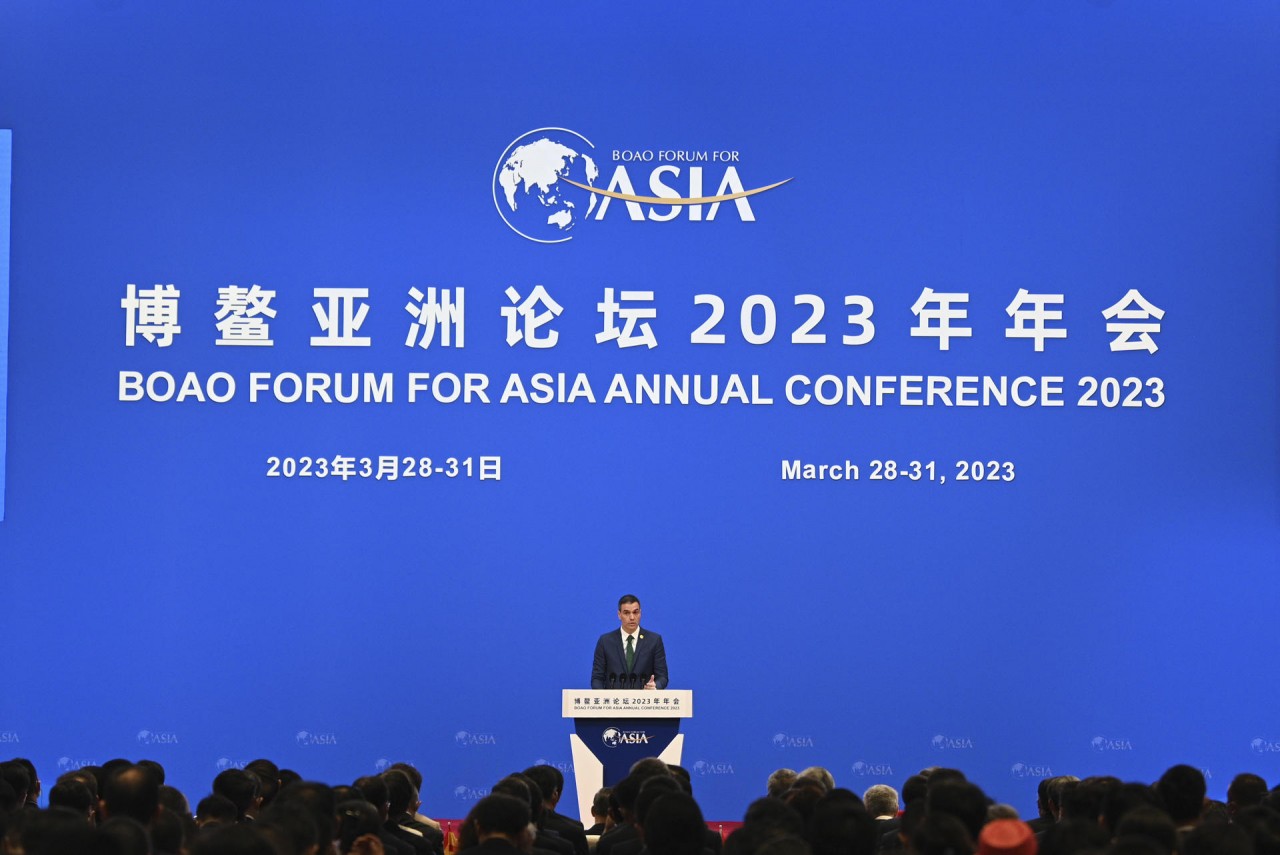 |
| Spanish Prime Minister Pedro Sanchez speaks at the Boao Forum for Asia in China in late March. (Source: Moncloa) |
Internally, Spain will try to implement some reforms at the regional level. Senior researcher Federico Steinberg of the Elcano Royal Institute (Spain) outlined seven major topics for Madrid including: Revising the public finance provisions of the Stability and Growth Pact; Completing the Banking Union project; Digitalizing the Euro; Mid-term review of the EU budget for 2021-2027; Developing an AI law; Reforming the electricity market and implementing the Renewable Energy Directive; and Expanding the concept of Open Strategic Autonomy, strengthening relations with Latin American countries through the EU-Community of Latin American and Caribbean States (CELAC) Summit next July, and even promoting a free trade agreement (FTA) with the South American Market Community (Mercosur), Chile and Mexico.
According to this scholar, Spain's goal at the EC in the next six months is to maintain the bloc's reform momentum over the past years, strengthen cohesion among members, deepen the integration process, and prepare the EU to stand firm in the face of increasingly fierce fluctuations and competition between major powers.
Source


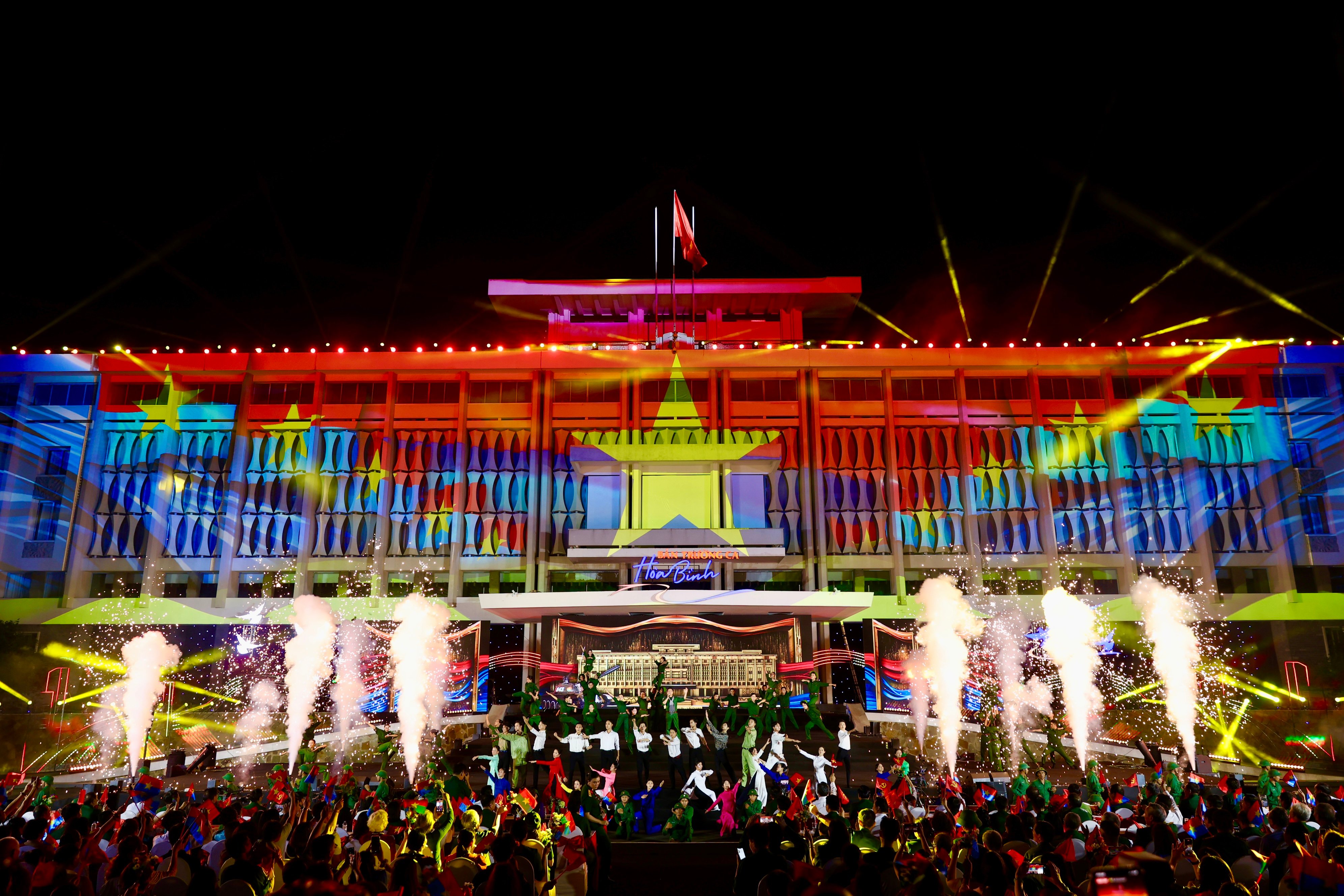

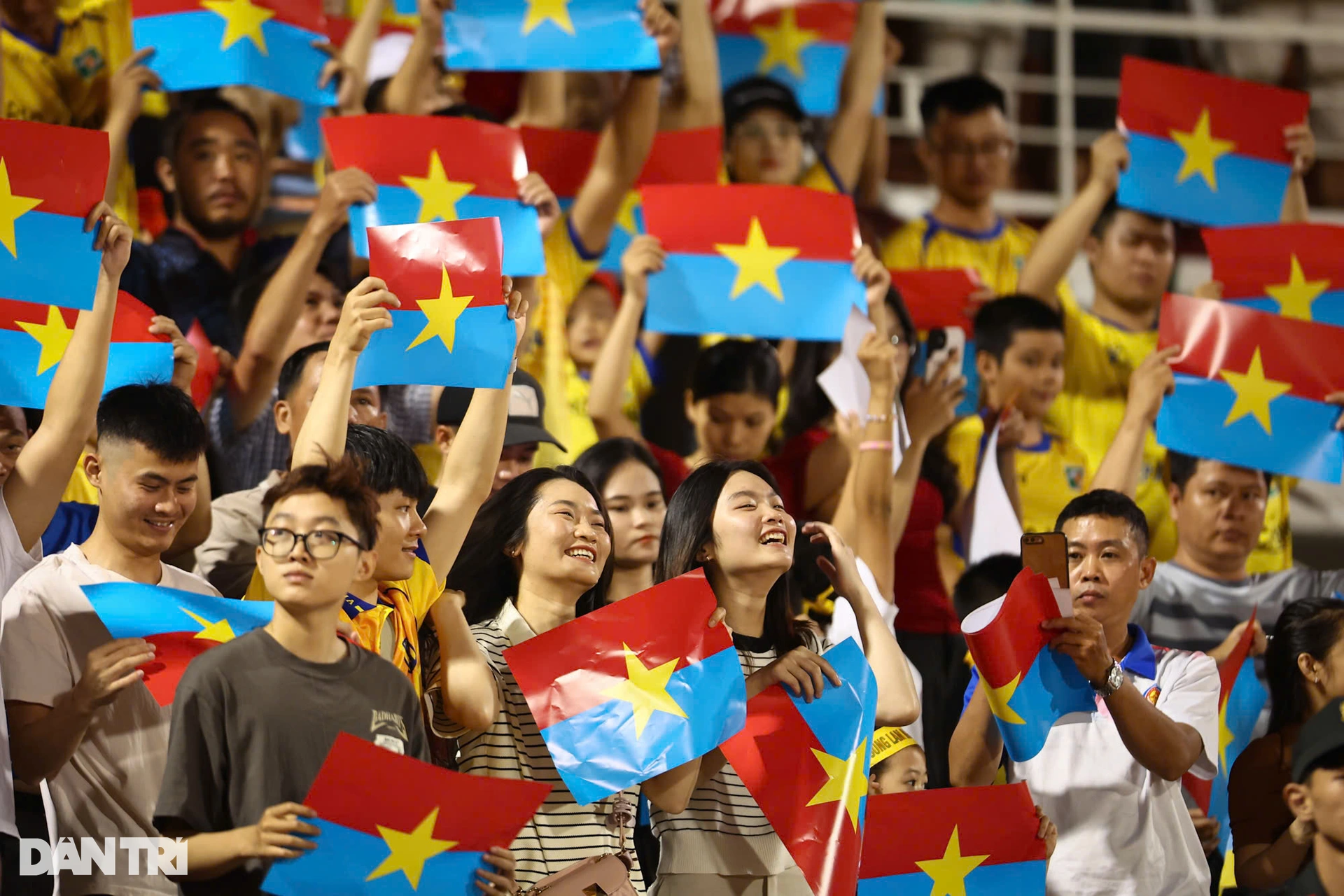

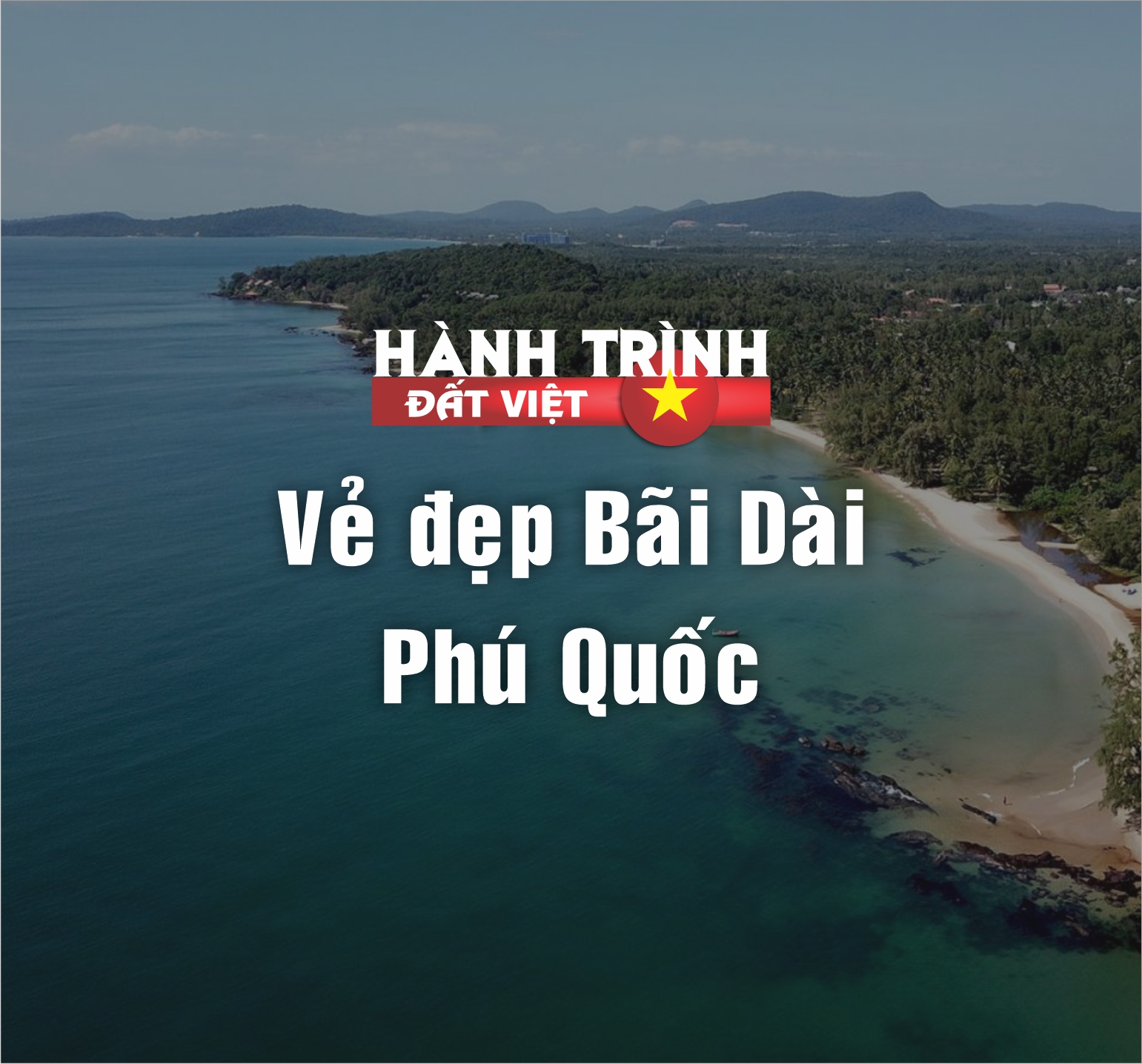

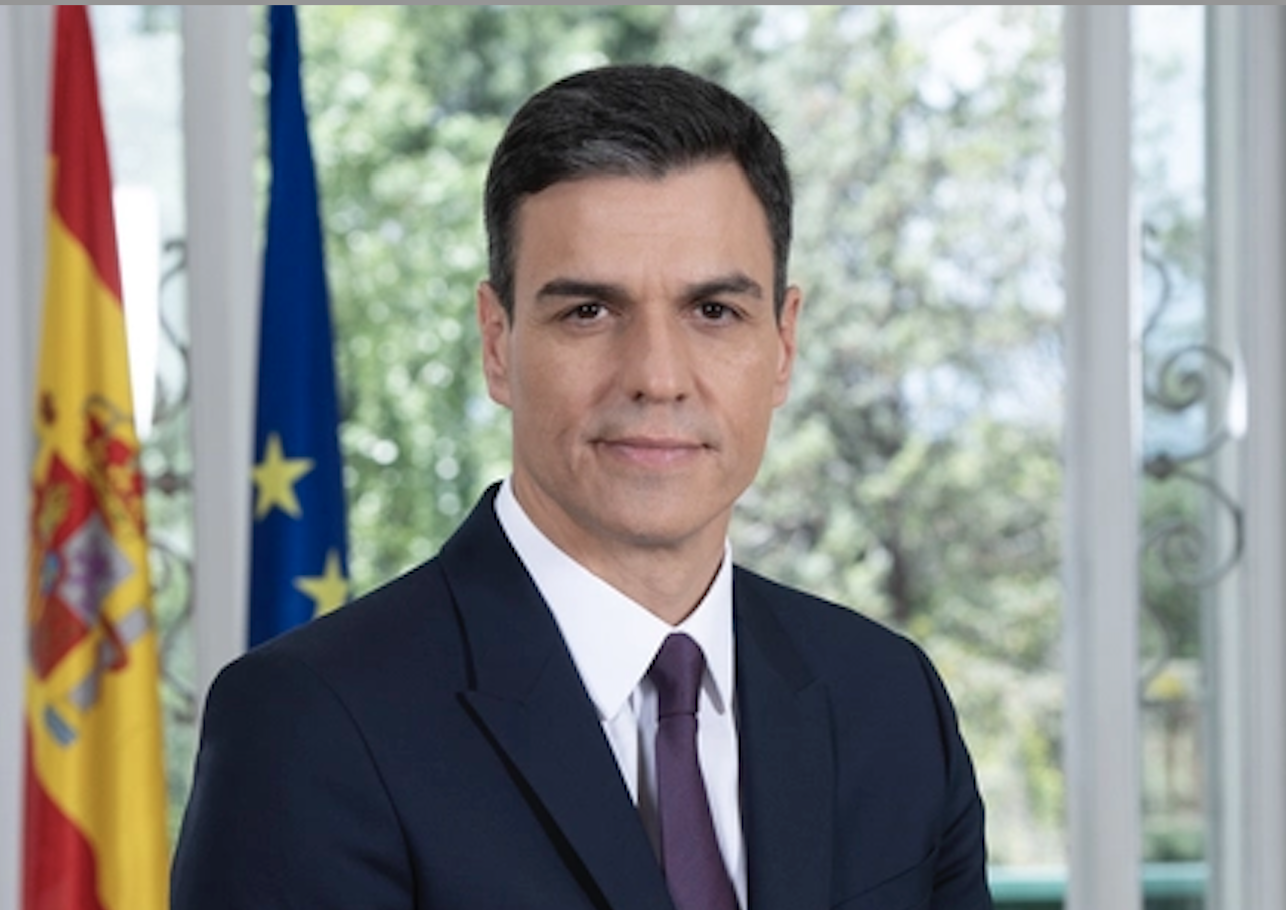

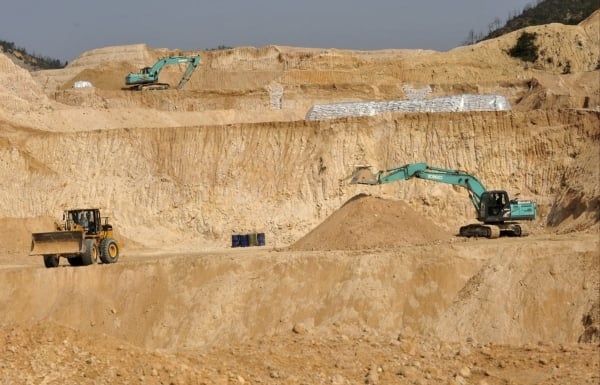

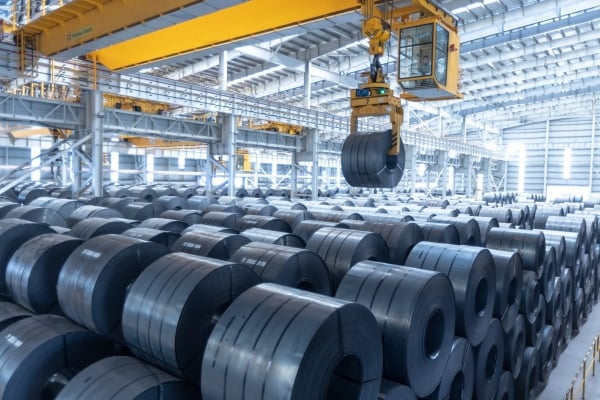
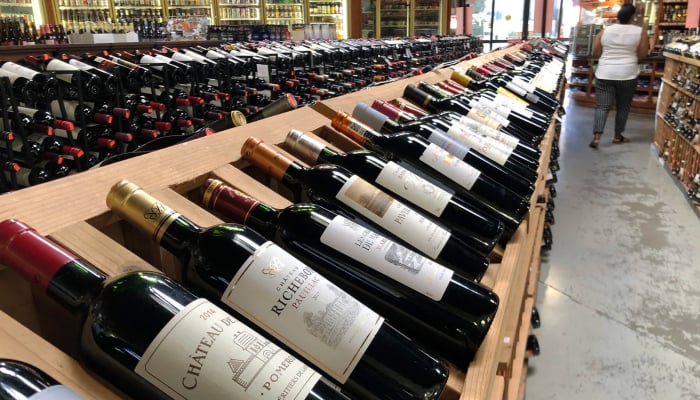

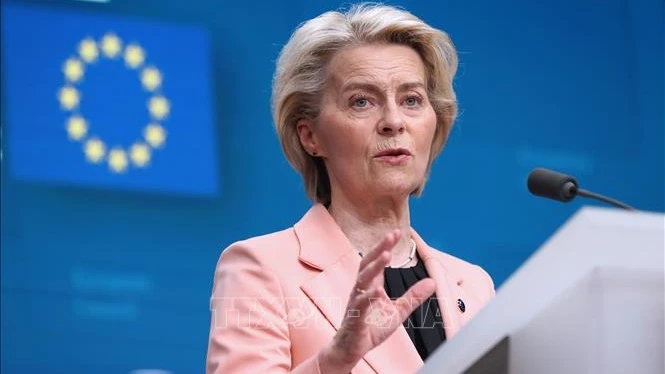
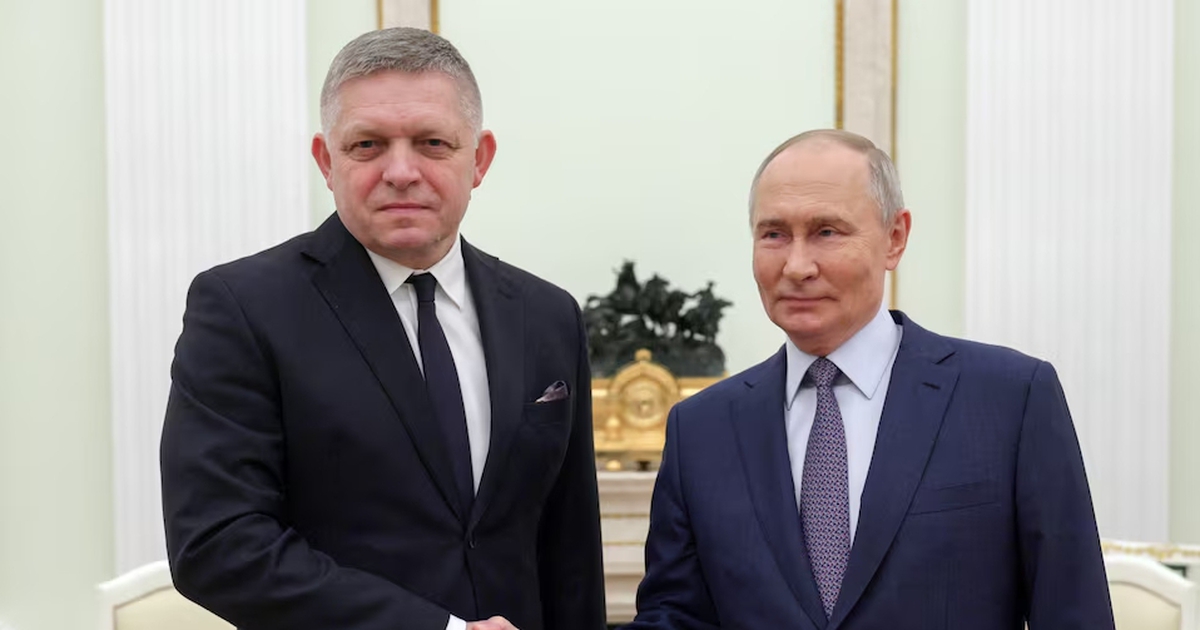



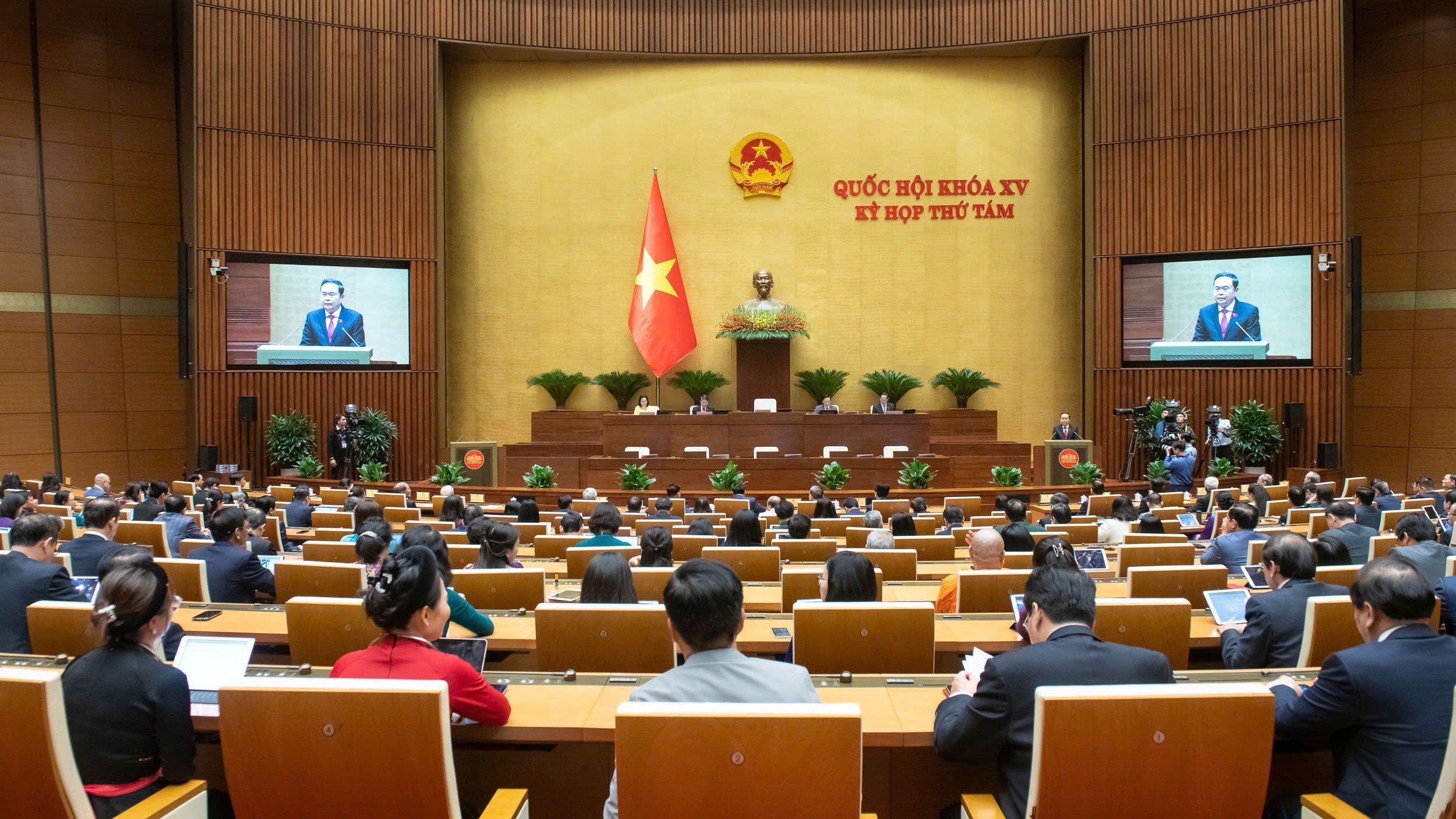
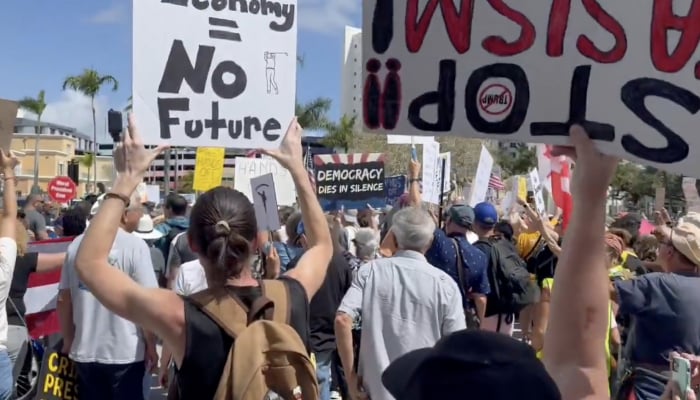
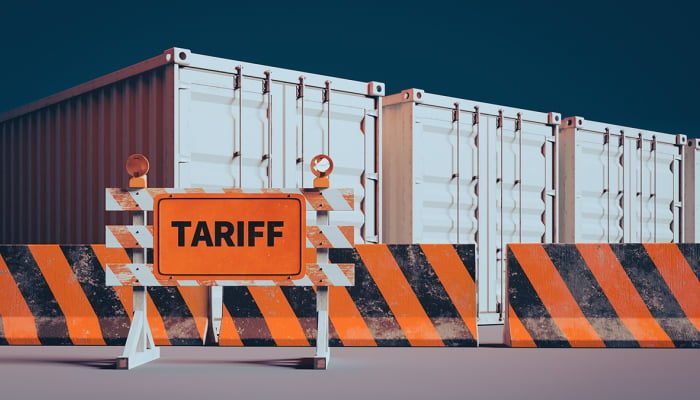
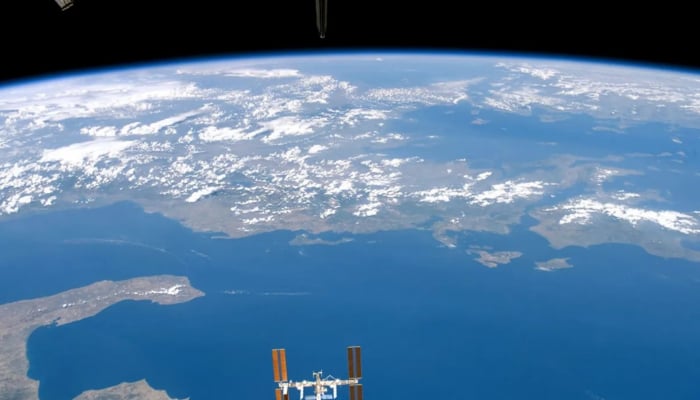
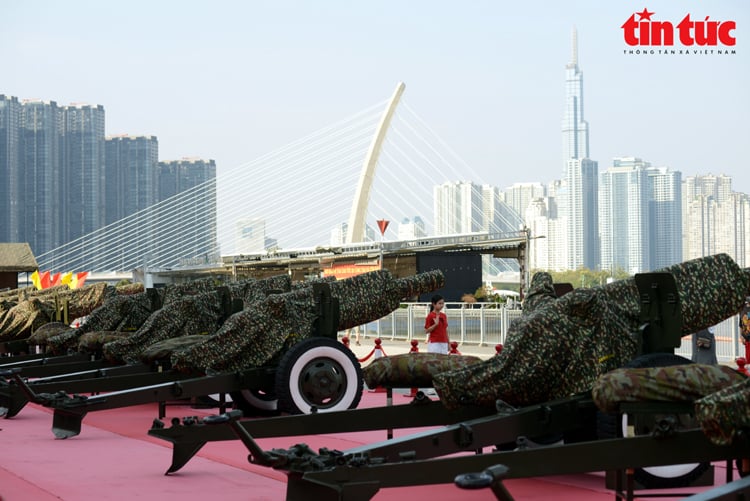

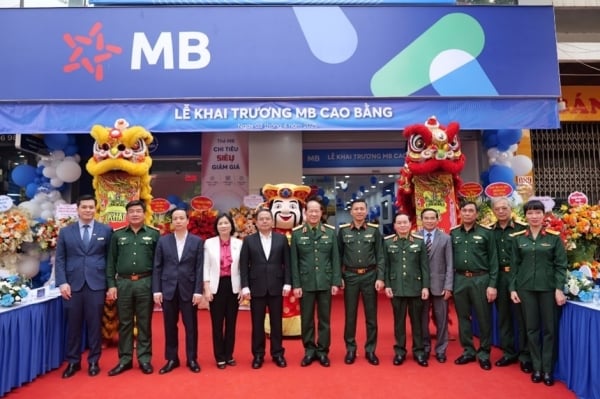
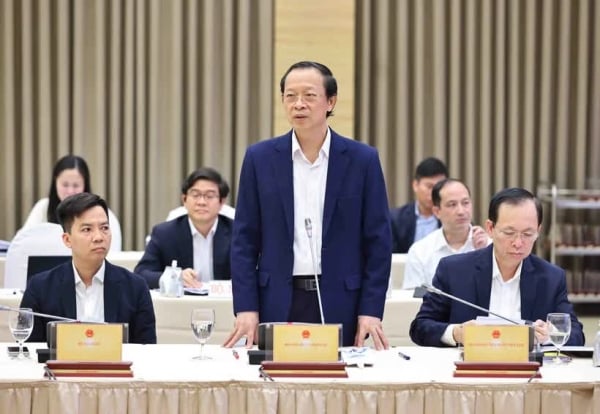
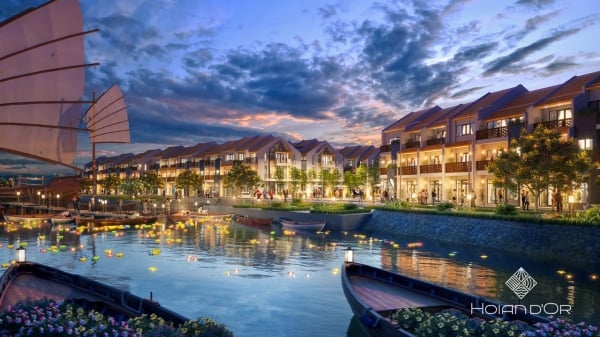
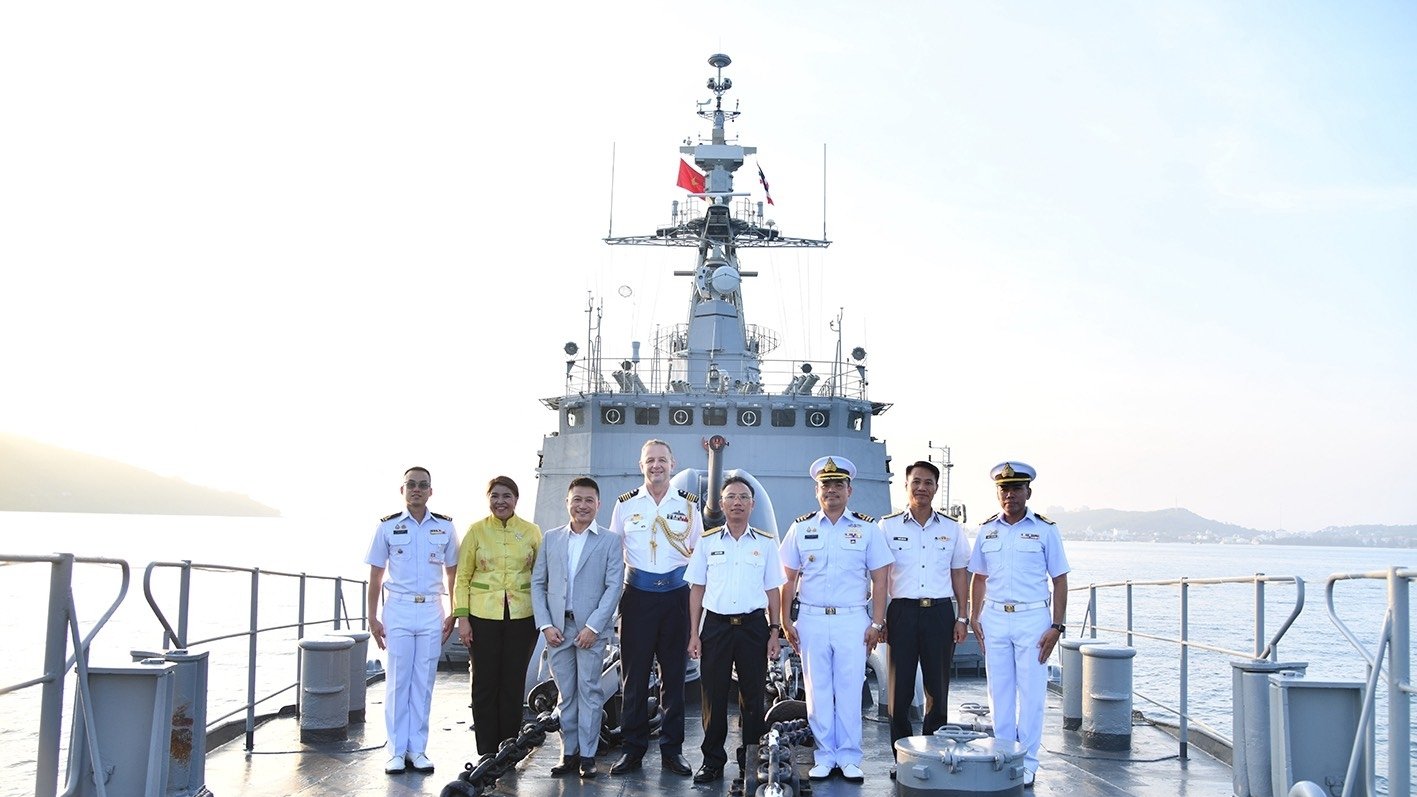



![[Photo] Solemn Hung King's Death Anniversary in France](https://vstatic.vietnam.vn/vietnam/resource/IMAGE/2025/4/6/786a6458bc274de5abe24c2ea3587979)
![[Photo] Vietnamese rescue team shares the loss with people in Myanmar earthquake area](https://vstatic.vietnam.vn/vietnam/resource/IMAGE/2025/4/6/ae4b9ffa12e14861b77db38293ba1c1d)



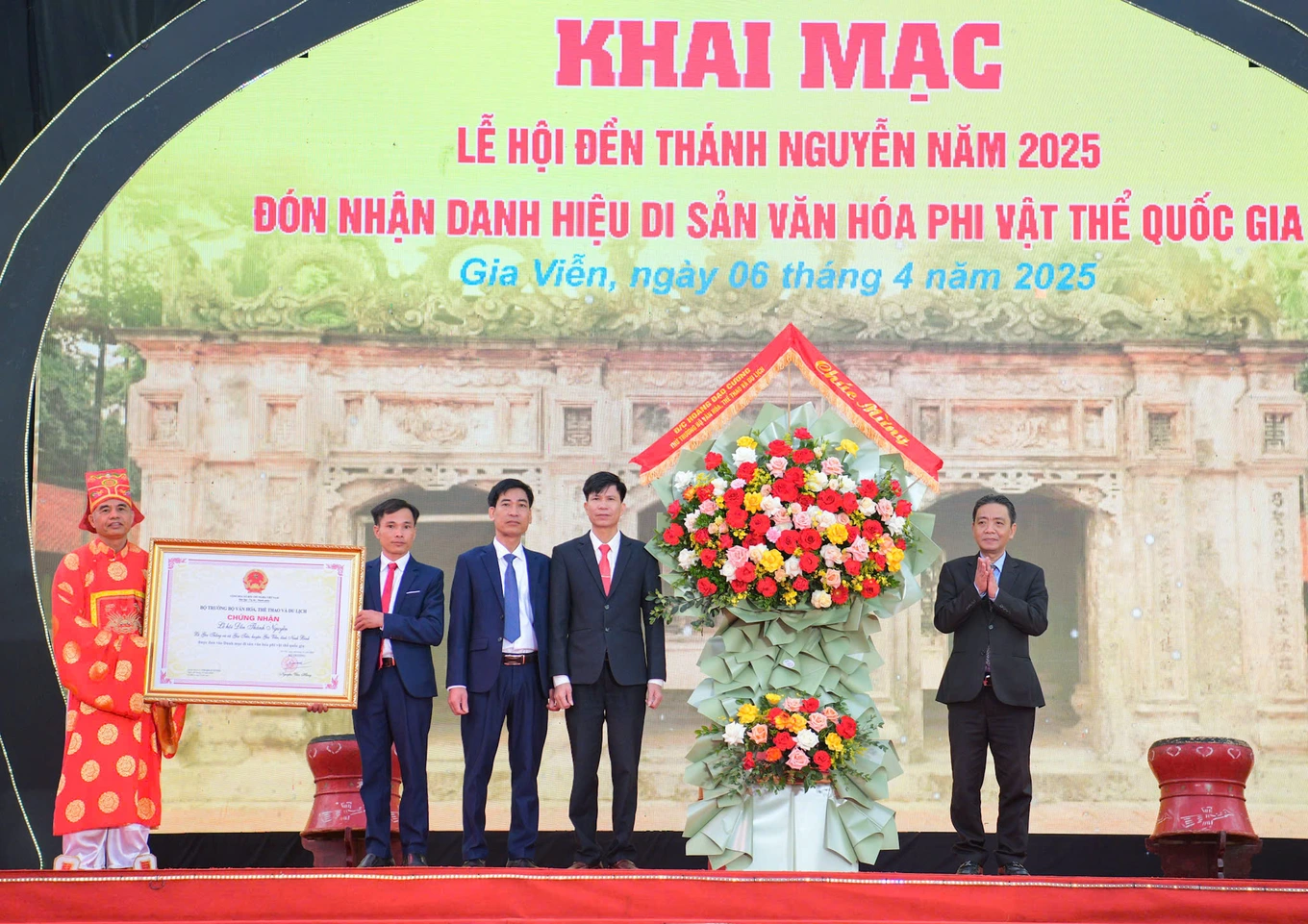



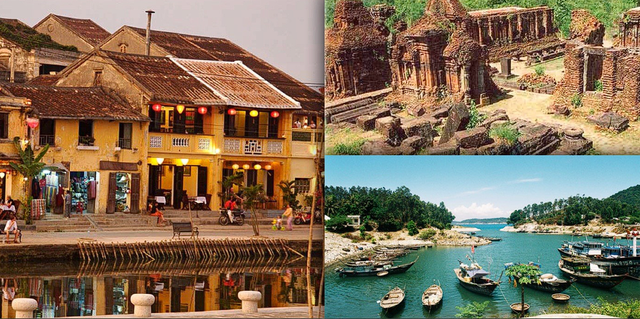

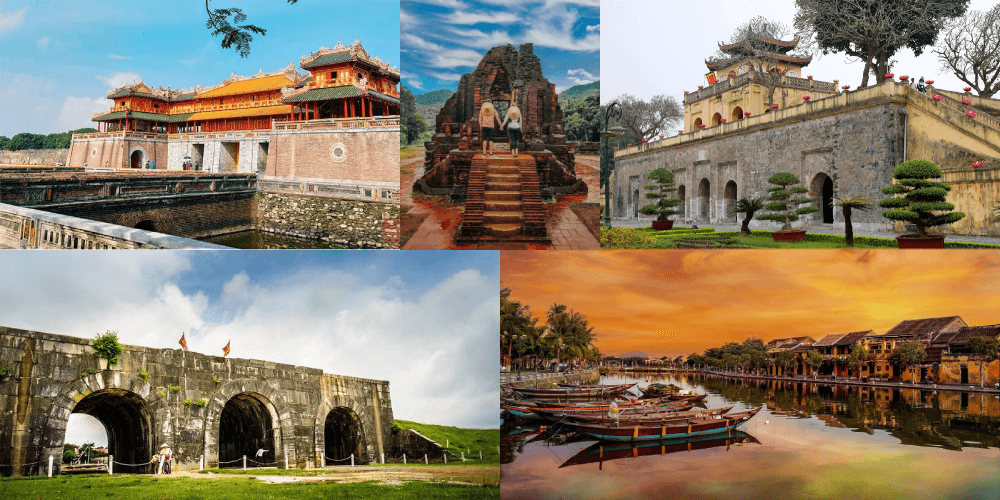

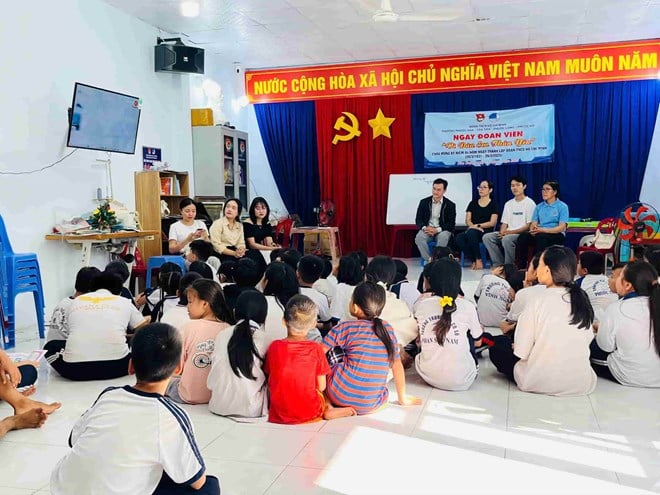

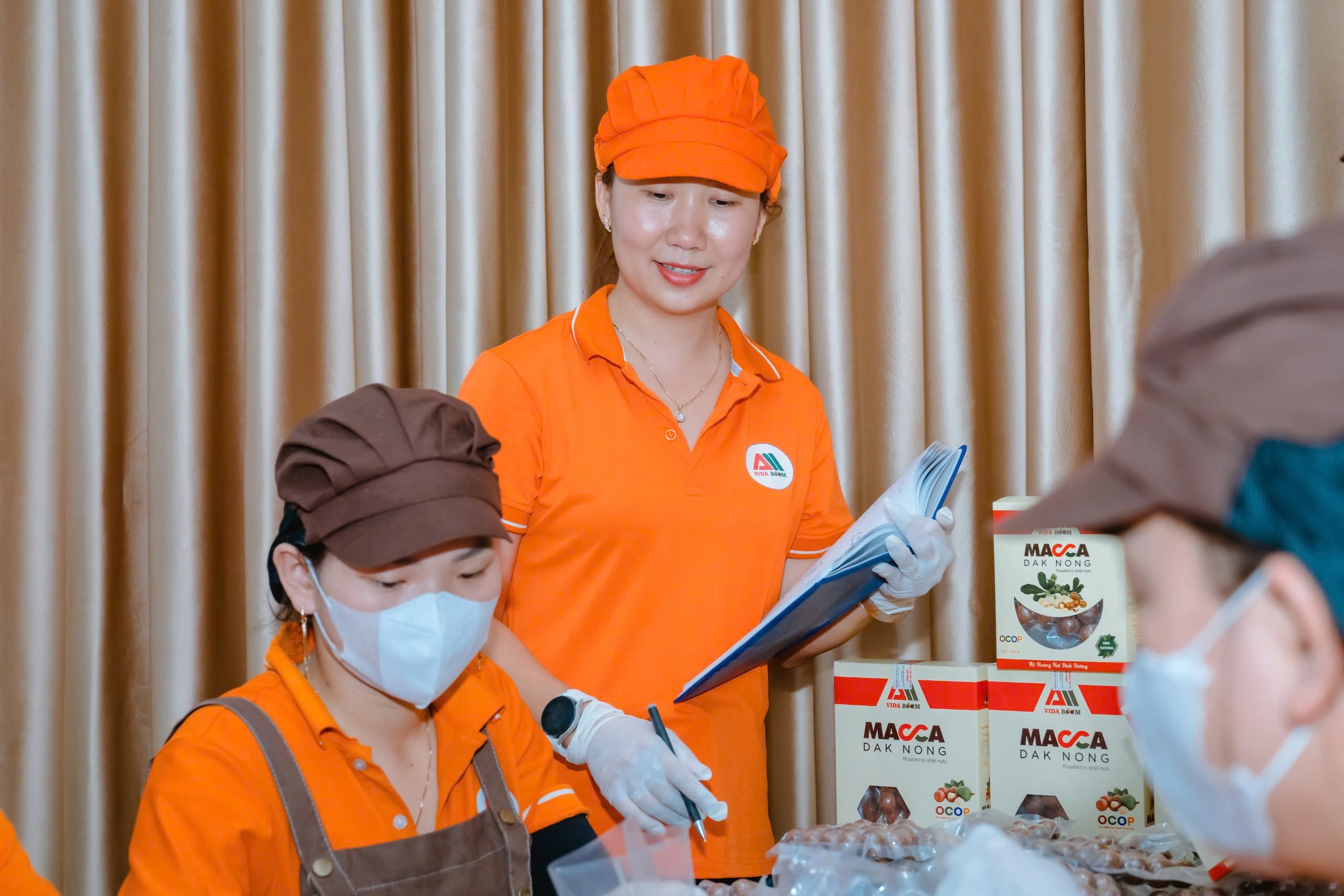

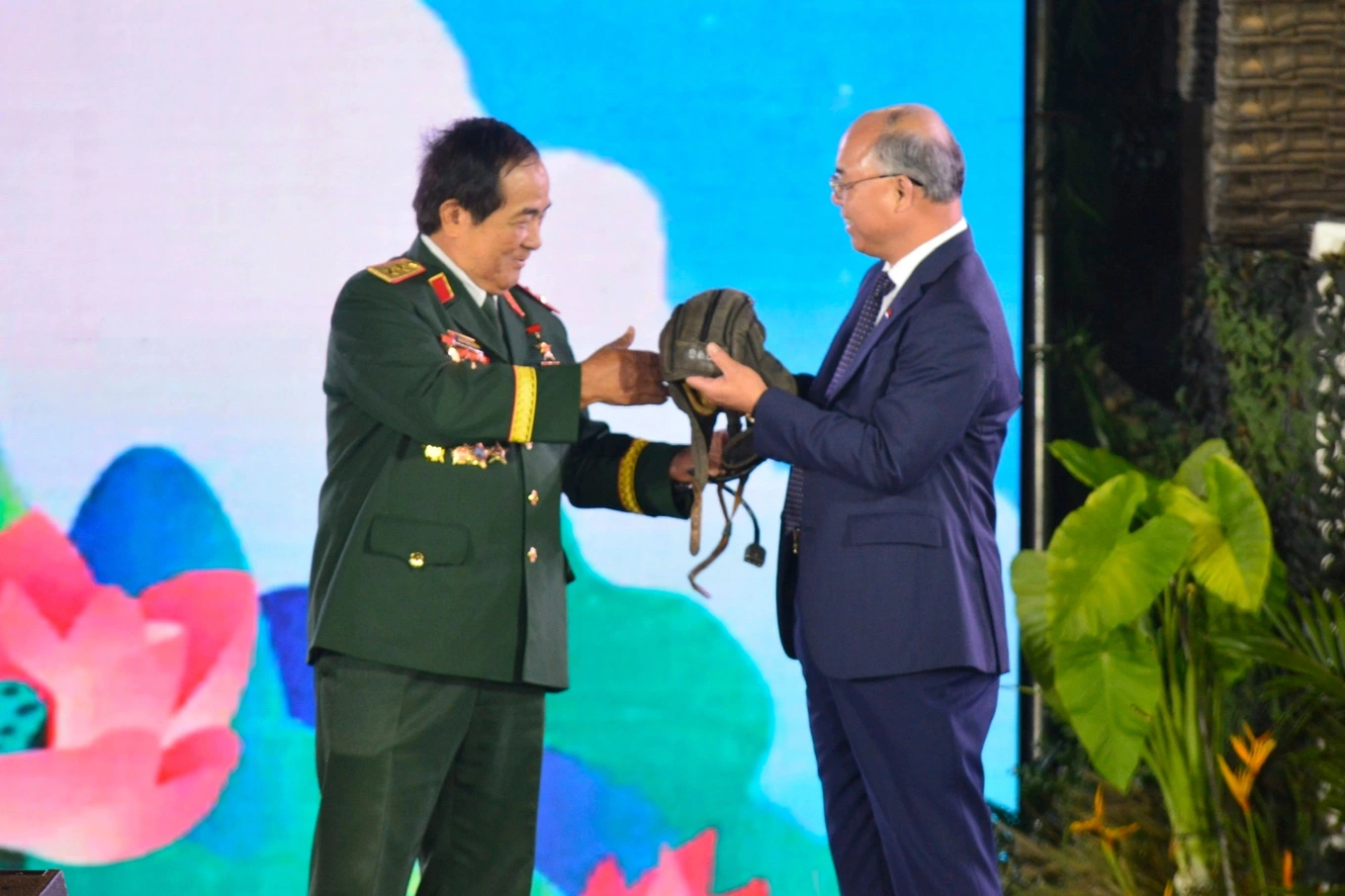
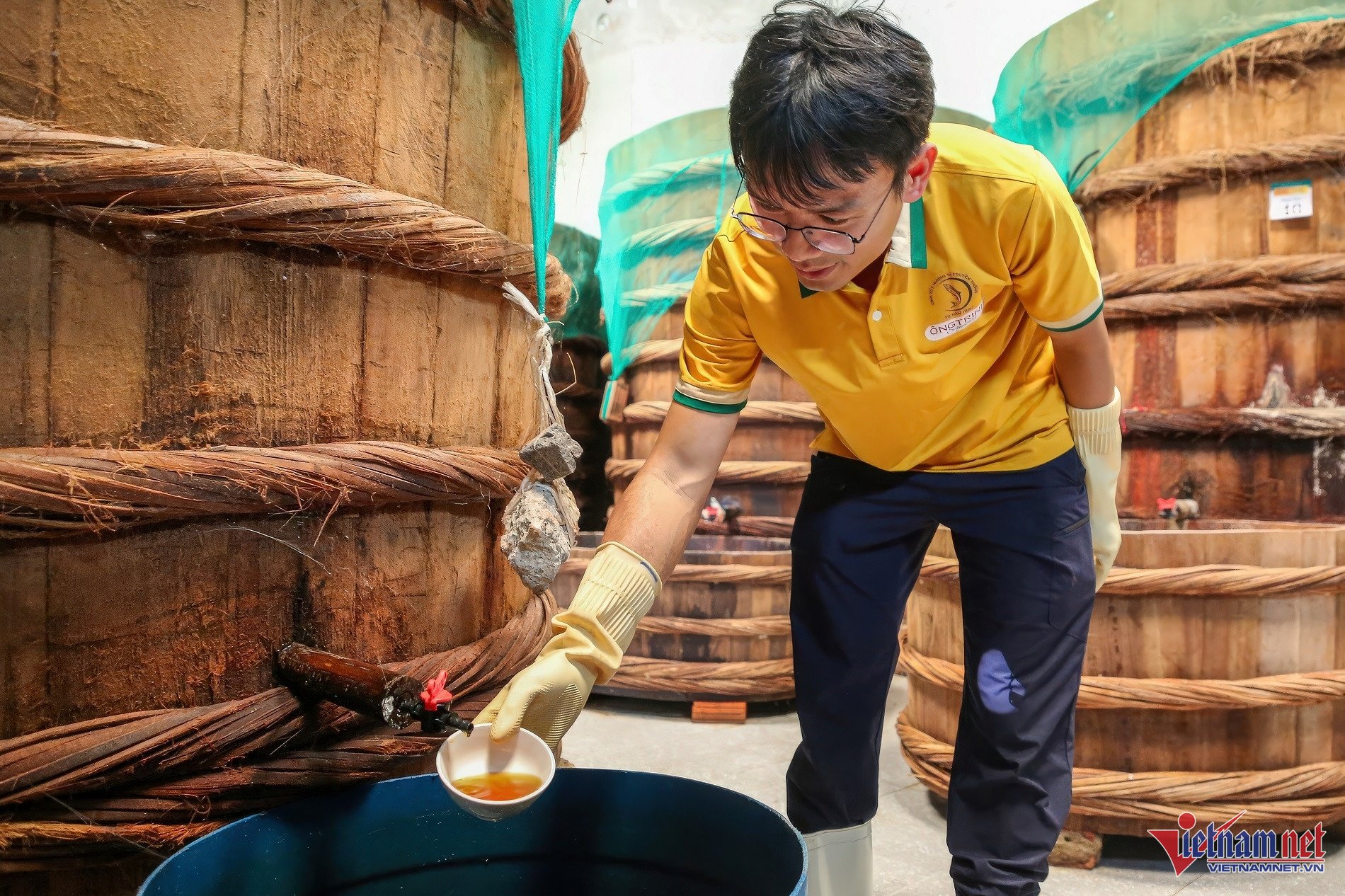



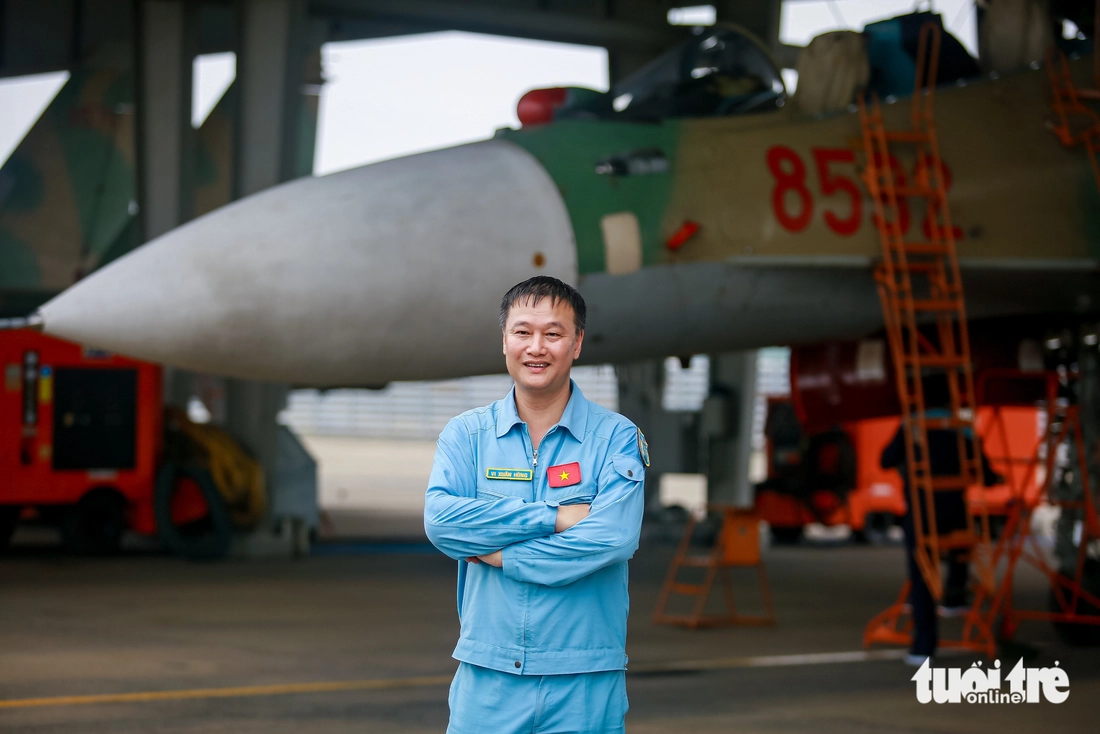

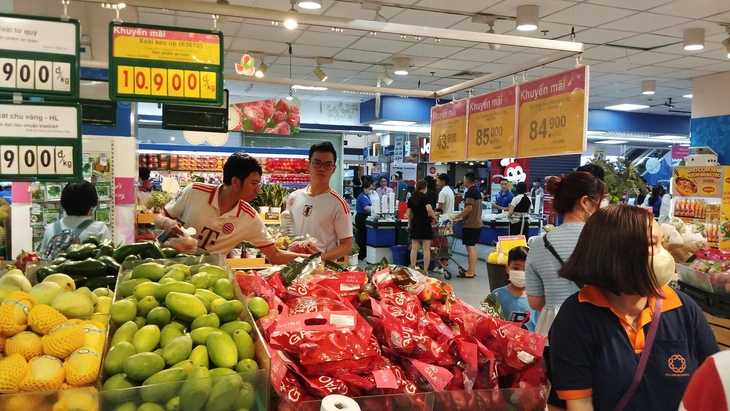


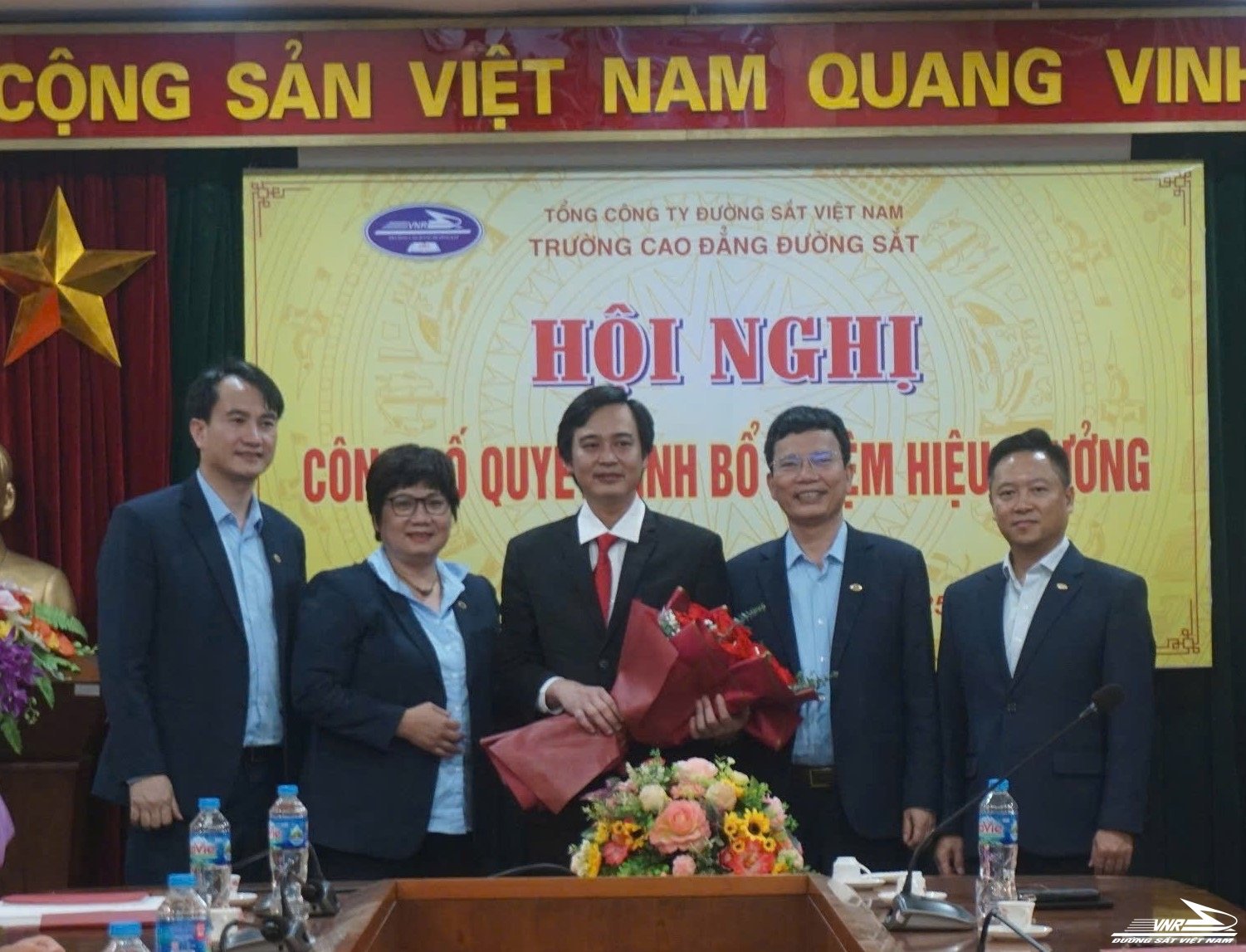

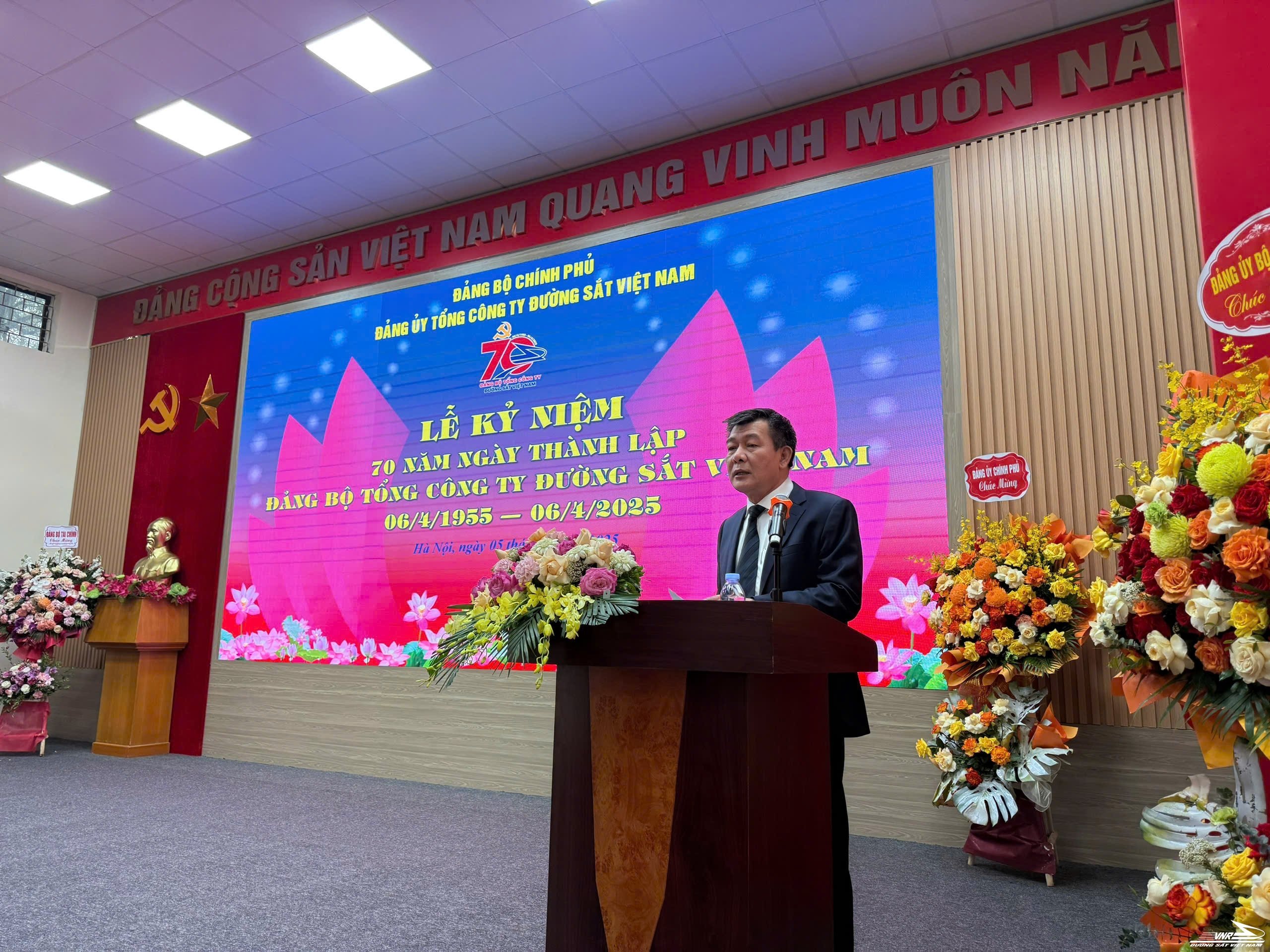
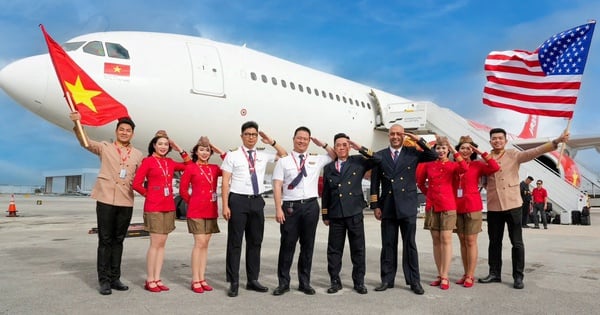

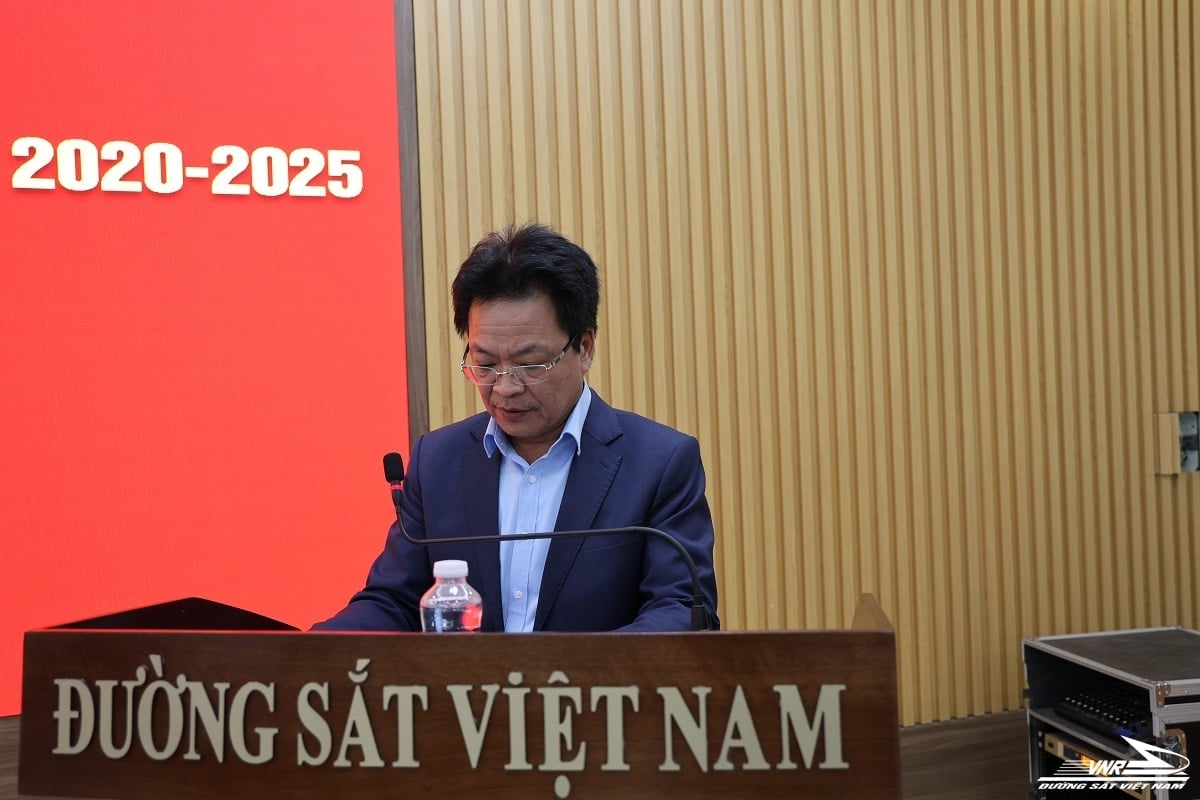
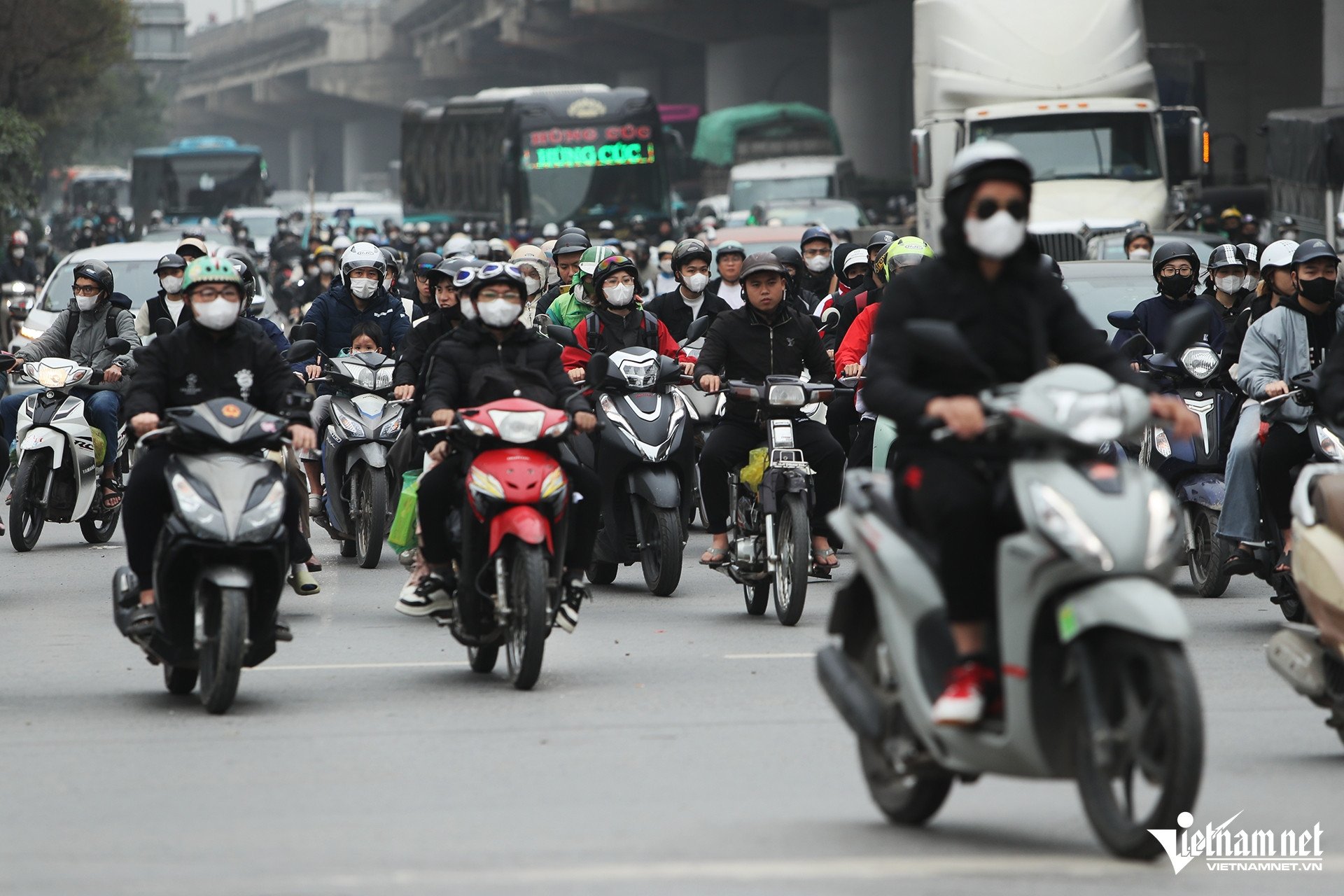


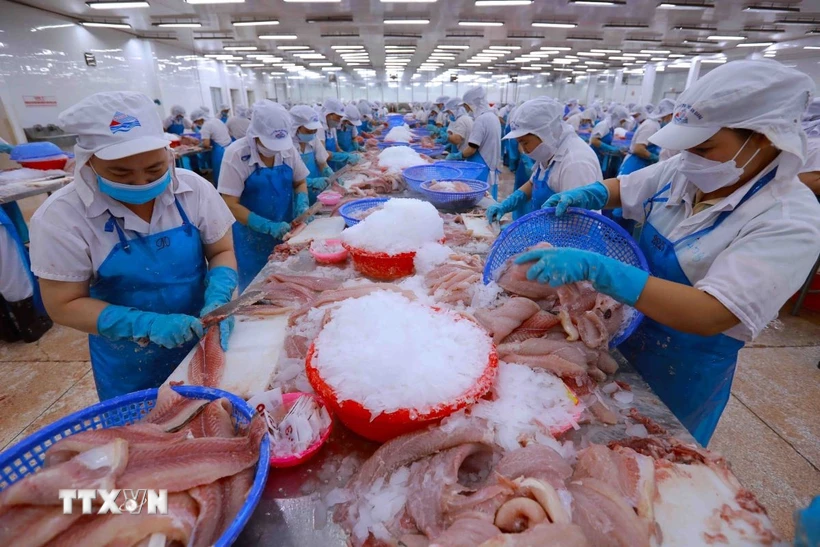


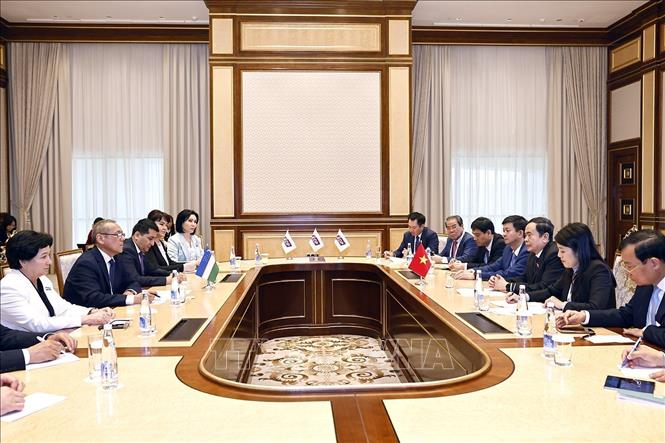












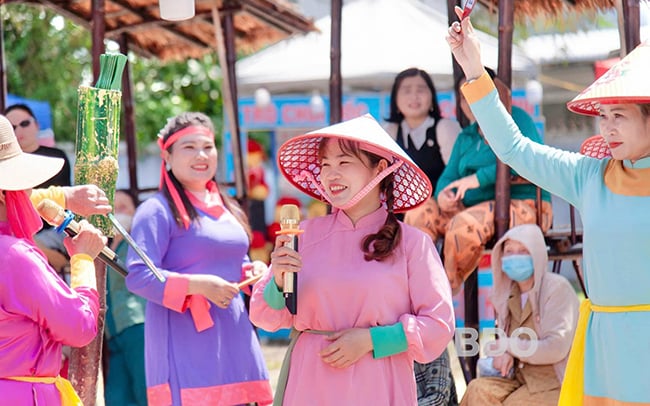



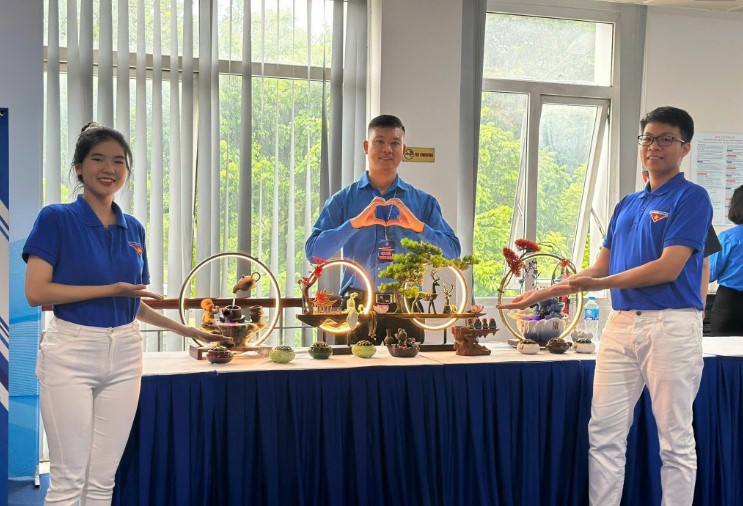
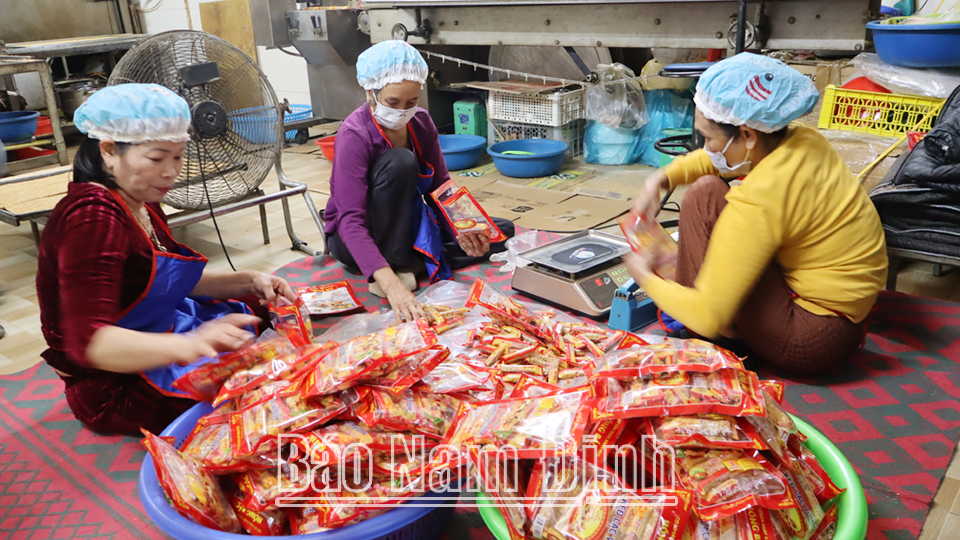

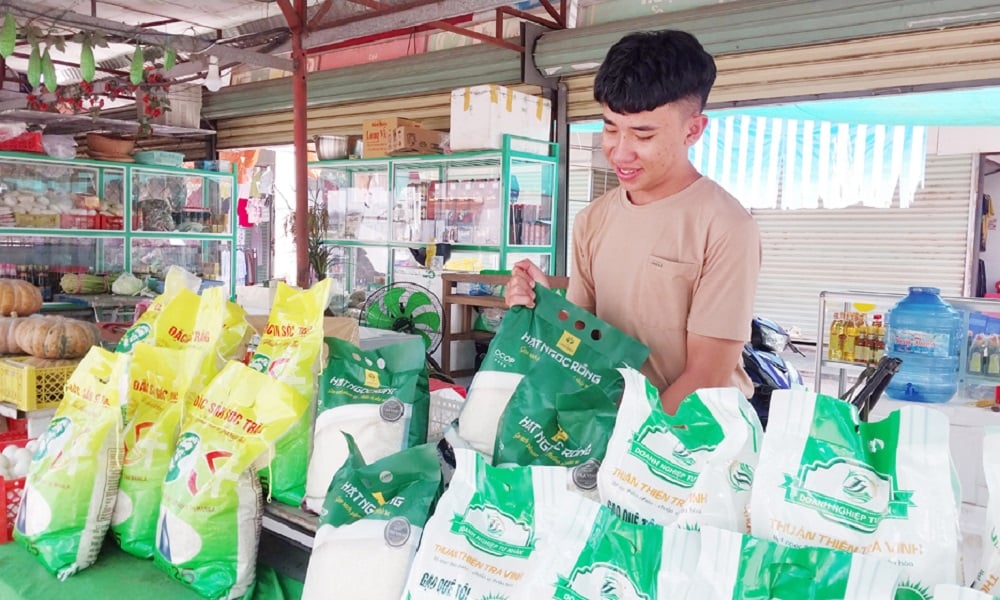
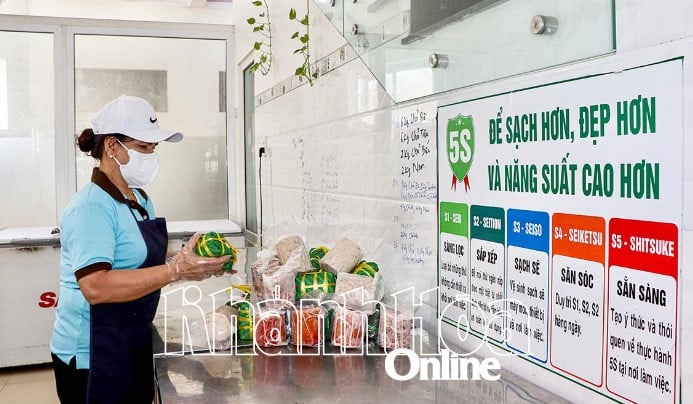

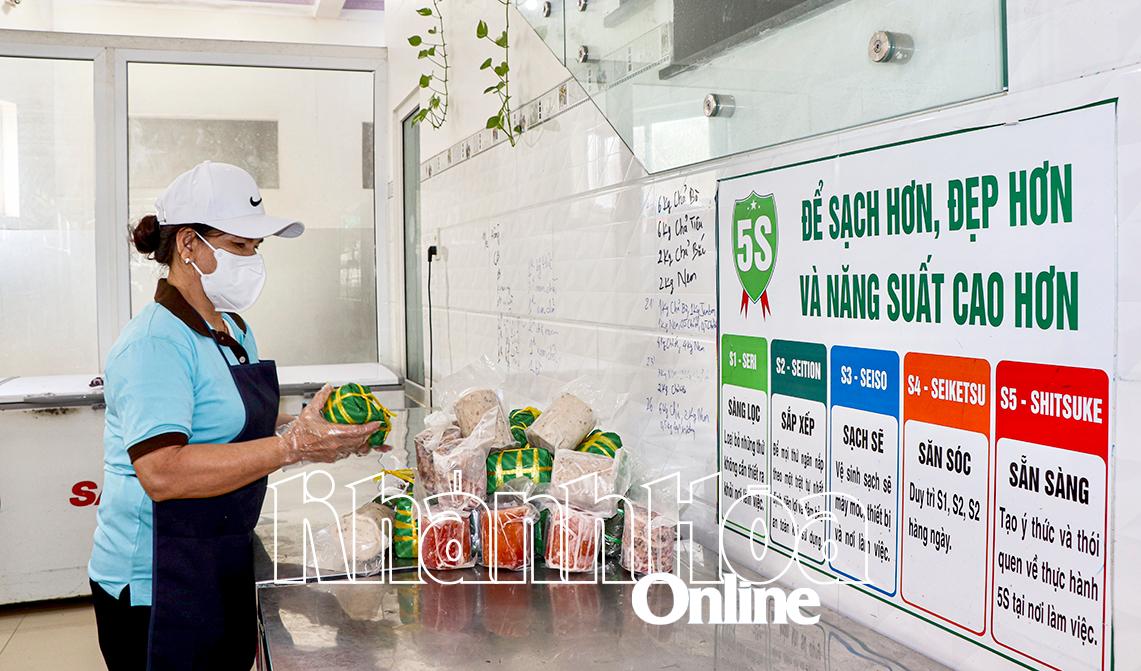
Comment (0)